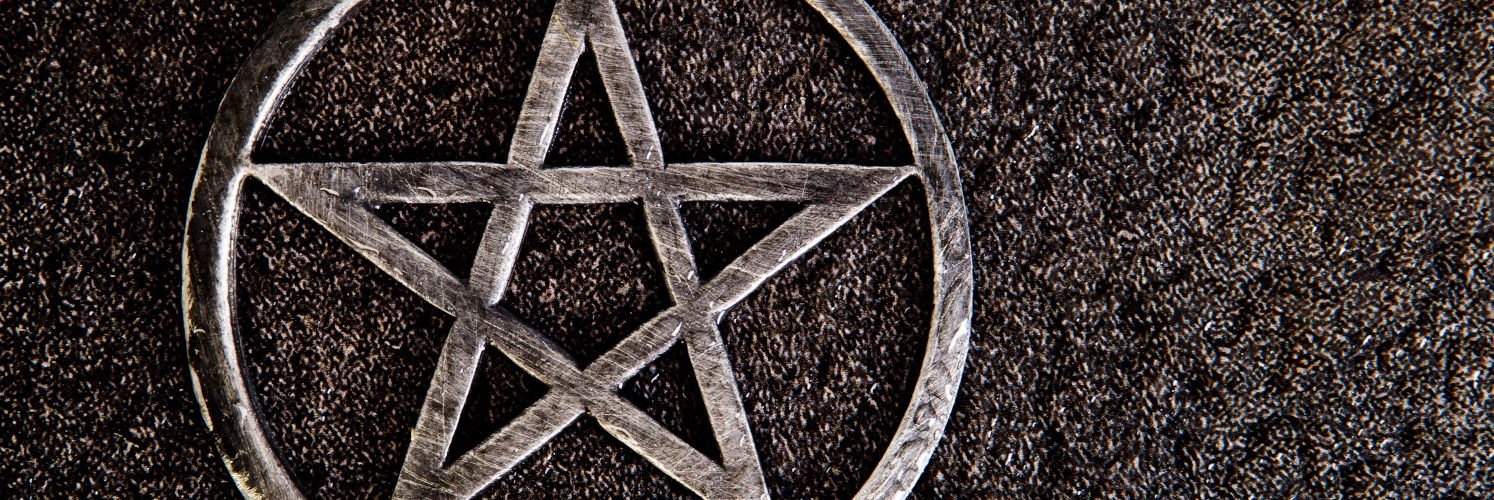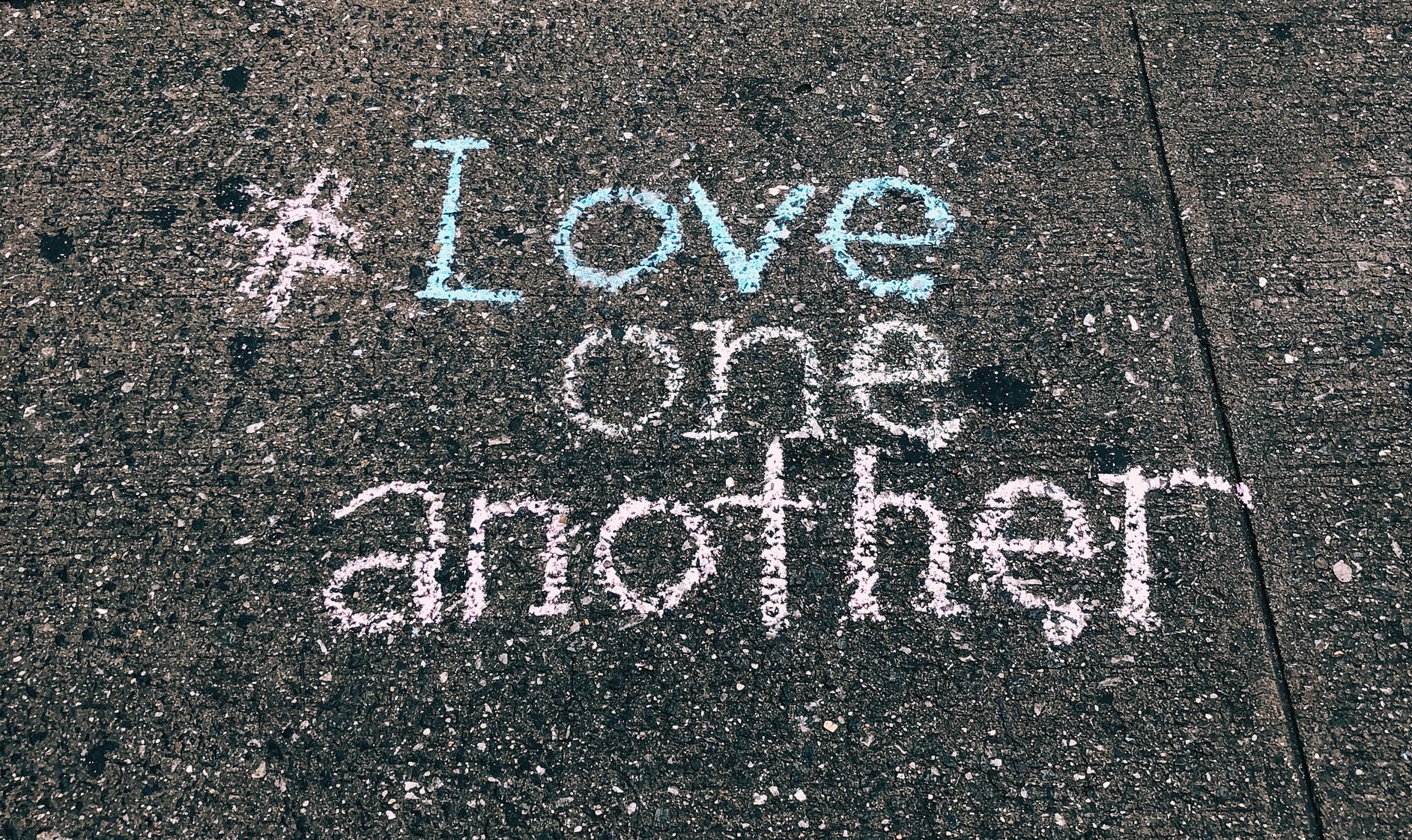From time to time, I’m asked to speak on a panel of representatives of various religions to educate students about the diversity they may encounter in their future professions. Usually, it’s me, a Catholic, a Muslim, a Jew, and an Athiest. And let me tell you, those days are the days I have the worst imposter syndrome. Here I am, sitting in front of young people, in the company of at least one person who has been through extensive academic and religious training (here’s looking at you, Father Dan) and then there’s me. I’ve had a meandering path in Wicca for the last 23 years. A lot of what I know was the result of “Eureka!” moments while reading or experimenting or working under the supervision of someone with a higher initiatory degree than myself. There was no Wiccan seminary accessible to me, so I taught myself based on a variety of topics found in the (widely different) catalogs of Pagan ministerial programs. Now that I’ve been recognized as a third-degree high priestess, I feel like I should know all there is to know. And of course that isn’t the case. I find myself stumbling on my words as I try to compress decades of experiential learning into a 90-second sound-bite. I forget that not everyone knows the names of the different Sabbats or other terms we use in Wicca and Paganism. I blank on central themes of the Craft, even though I know them by heart. And all of that makes me feel kind of unprepared for this kind of work.
But I still do it. Why? Because the visibility is important. And if I don’t do it, then someone who is perhaps less competent or ethical will take my place. It’s important to me that students and other religious leaders alike know that I exist and know that I’m available to answer questions or work toward a common goal.
Common Ground
Listening to the other panelists, I have come to realize that we’re all just walking each other home, as Ram Dass said. The central mysteries of our traditions are all about connection to something bigger than ourselves. In Catholicism and Anglicianism, that looks like the Eucharist. In Judaism, that looks like Shabbat. In Islam, that looks like collective prayer. In Atheism, that means being present in the moment with the imperfect world. In Wicca, that means standing in the circle together in Perfect Love and Perfect Trust – and understanding that those words embrace who we truly are and not projections of who we “should” or “ought to” be.
Faith in Action
Where there are people who are poor, sick, or oppressed, you’ll find people of different faiths working together to relieve suffering. And you’ll find that there’s not a lot of talk about faith on the front lines. People are more concerned with how you treat those in need than debating the philosophical reasons behind that treatment. And that really builds trust in the greater community, far more than educational talks or open rituals, because it shows people that Pagans are compassionate and giving folks who care about the well-being of others in their community.
More Than Words
The Charge of the Goddess tells us to “let there be beauty and strength, power and compassion, honour and humility, mirth and reverence” within us. These four pairs of complements teach us how to live, and putting them in action in our communities is easily done. There is no shortage of domestic violence shelters, homeless shelters, soup kitchens, and food banks in any given region. Volunteer there. Don’t make a big show of it. Just buckle down and do the work. Take joy in helping others, and understand that some people are so desperately in need that they don’t have the resources to be grateful in the moment. But know that they are grateful and that your efforts are appreciated. Also remember that you have more in common with the homeless, the addicted, the mentally ill, the poor, and the disabled than you will ever have with a millionaire. Every human being has struggles, and every human being deserves to have support in a compassionate and nonjudgmental way.
Local Direct Action Projects to Support
Operation Safe Winter
The Food Bank for Central and Northeast Missouri
Race Matters, Friends

